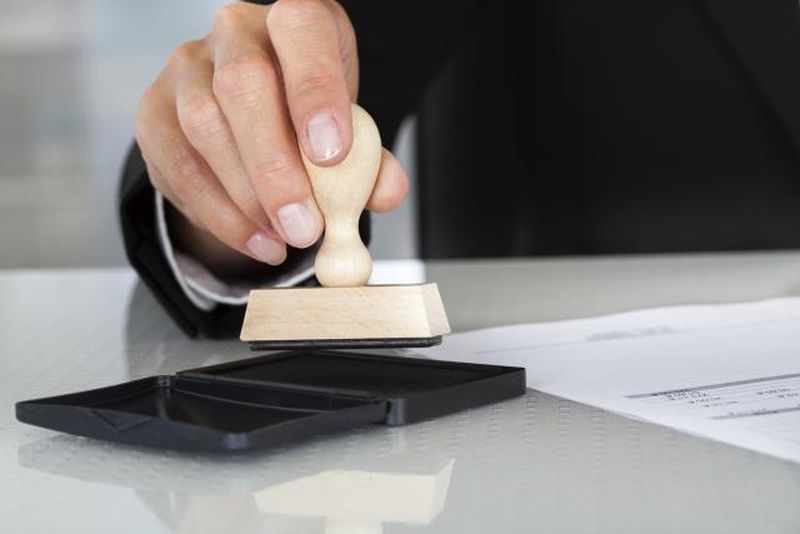Company seals/ common seals are used by companies to emboss important documents. People have been using these official insignia for thousands of years, and the seals also have been evolving over the period of time. The current ones are smaller and made with better technology. They have an upper die and lower die, which comes together when pressed and leaves behind a clear impression.
Are company seals mandatory?
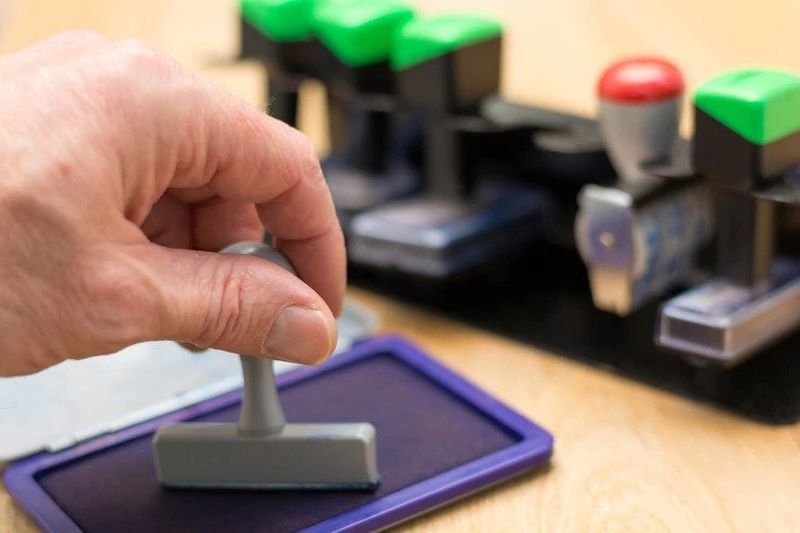
The answer varies between countries. In some places like the UK, they are no longer a legal requirement. The advancements of technology, such as digital signatures, have replaced them to quite an extent. However, many countries still mandate their use. Even companies registered in the UK where it is no longer compulsory use them or have one for using legally binding documents or contracts.
Requirements for common seals in Ireland:
As per the Companies Act 2014, it is compulsory for all Irish-registered companies to have and use them. The letters in the insignia should be legible, and every official document of the company should hold the company name in addition to the signature of the officials. They are about 33mm round and can include up to 50 characters.
They should also include the registered business name and business type. Since corporations are state institutions, they’ll have to register with the state secretary. Companies can then find a suitable one for them online. If you are looking for reputable manufacturers in Ireland, you can check McGrath Seals.
You’ll be asked to enter your business name/ number after, which you’ll have to choose the type you prefer and add the product to your cart. Input your shipping deals, and you’ll be directed to the payment page. Quality company seals are handmade and tested to meet the legal requirement at the best price.
Different types available:
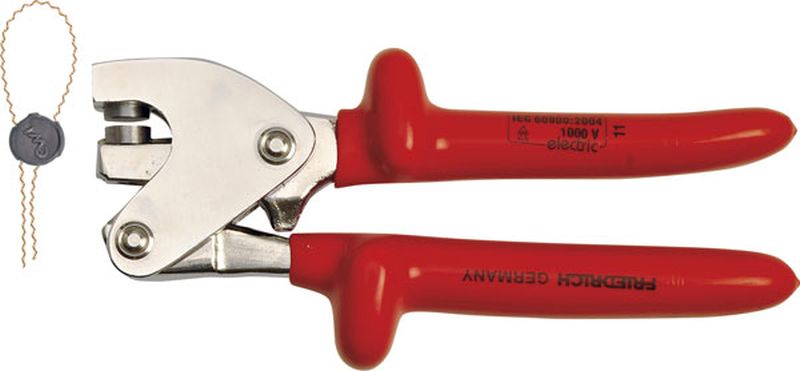
Plier’s seal: It is collapsible and comes with an accompanying wallet/ envelope. It is lightweight and highly portable. When you want to use it, remove it from the envelope, assemble it in seconds, and press the pliers. The resulting embossment is clear on up to 100 gsm paper.
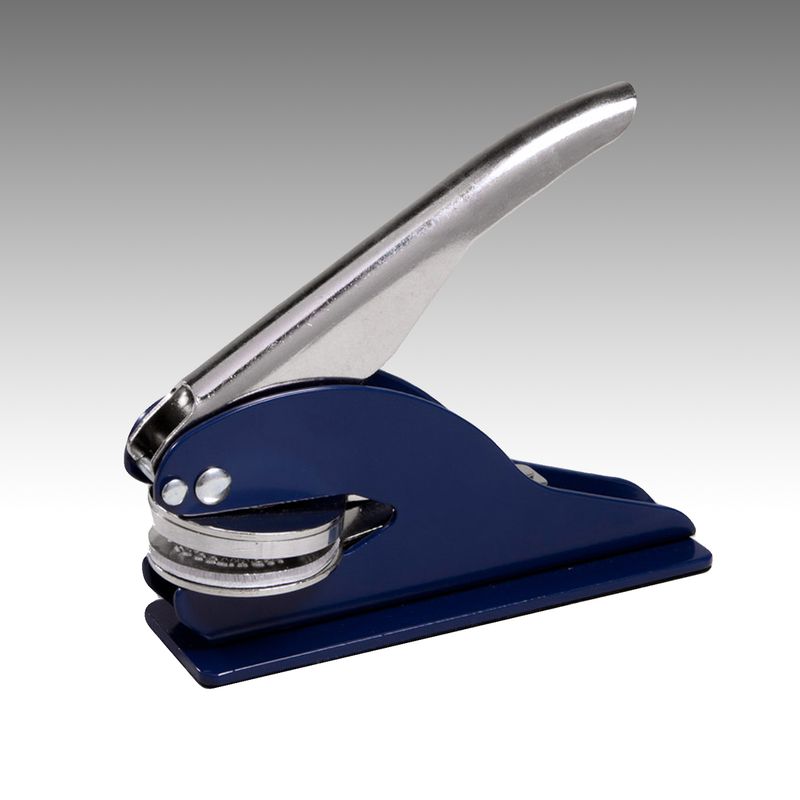
Desk seal: It has a sleek design and is ideal for regular use and on heavier grades of paper. Ideal for storage on your desk or shelf.
It is also recommended to use common seal stickers. The seal can be affixed on top of it. Though stickers aren’t a mandatory requirement, it makes your attestation look more embossed. The resulting embossing is more attention-grabbing this way. It is also an affordable way to attest or authorize documents.
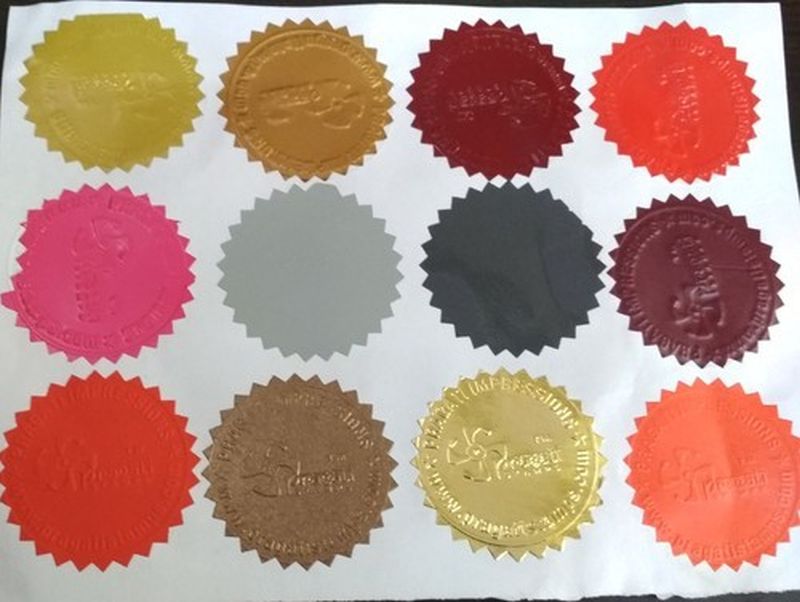
Red stickers are commonly used to improve their visibility on photocopies. Before removing the sticker from the roll, emboss it. Then remove the sticker and position it in the document.
Some confuse common seals with stamps, but they are not the same. Though company stamps are used by many companies, they aren’t mandatory. It helps in simplifying many office tasks, and many Irish companies choose to use both of them. It is used on documents that don’t require official attestation.
Who can use common seals?

There are limitations on who is eligible to use them, such as:
- Director/ Board of directors or an individual appointed by a Director
- Documents with company attestation on them should be signed by the Director
- Documents with the company sign should be countersigned by the company secretary, a second director, or someone appointed by directors. IF the company secretary is a company, the corresponding company’s director will sign on behalf of the company.
When to use common seals?
‘Deeds’ refer to the category of documents that ought to be executed under seal, while written contracts are executed underhand. Deeds don’t require consideration for binding, whereas written documents require consideration for binding.
The validity of the seal for domestic and international companies:
They are valid to exceed deeds both inside and outside Ireland. Companies may use an additional one to be used for exceeding deeds for international companies. This specialized seal is similar to the regular company one but includes the name of the location where it would be used.
Commons questions regarding company seals answered:
Where should I store my company seal?
There is no special requirement on where it has to be placed. It is however recommended to clearly label it and store it somewhere safe to avoid errors.
Should I maintain a register of the sealings?
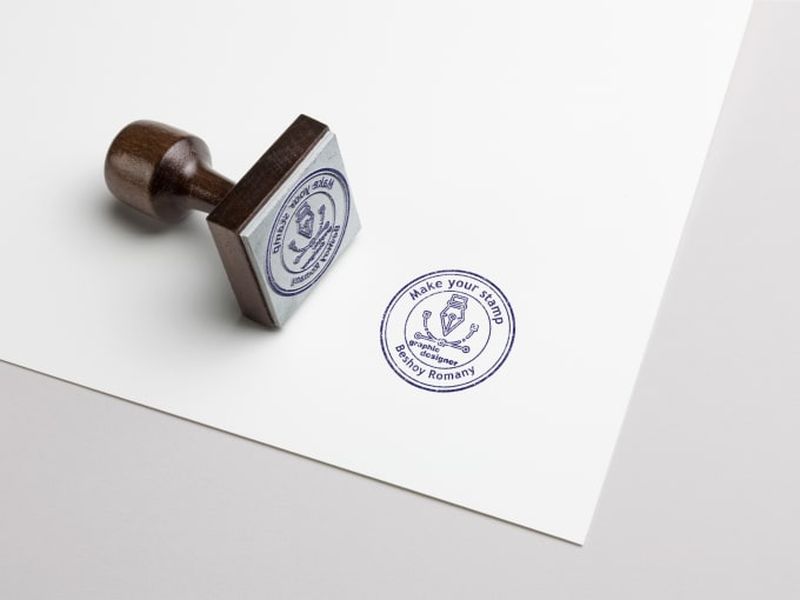
There is no requirement to maintain a register for the documents sealed. Many companies generally don’t maintain a register, but having one would be beneficial.
Would it be in the company’s power to appoint an attorney?
Yes! A company can appoint an attorney to represent their company when including the execution of deeds. In this case, the appointed attorney can hold the company under a deed, just like how it is executed under the company seal of the company.
Who has the authority to use one for international companies?
An agent authorized by the company can use the seal. When this assigned agent represents a company and carries out a deed on behalf of them, he/she must mention the date and location where it was embossed.
Power of a common seal:
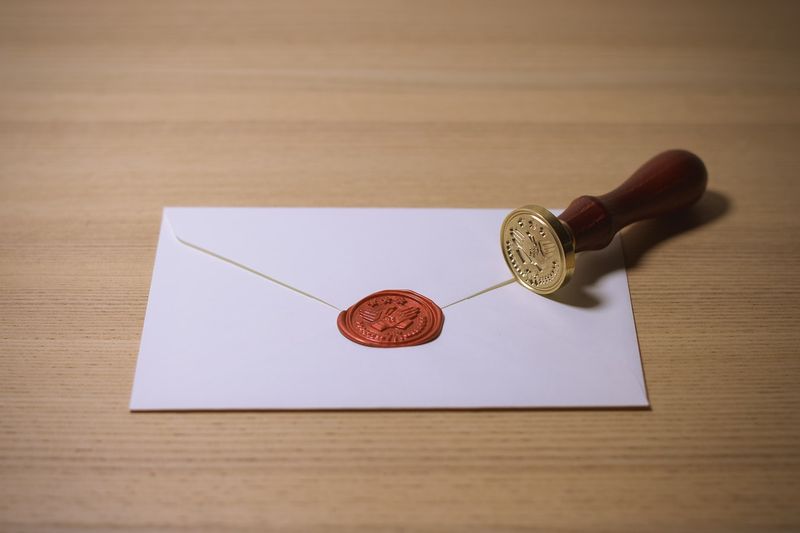
Though they aren’t used much in the business world in many countries, it serves as an official mark to certify documents. It is an integral part of board resolutions. Without the presence of an official attestation, the resolutions would be considered invalid. In the global business market, most businesses have them, as it makes it easier to file legal documents.
It can also be used in minutes of meetings, sharing documents, loan documents, company law, contract law, and property law. Though their prominence has gone down in many places, many accept signatures of officials for authoritative purposes, and it is still considered fundamental to many corporations.


